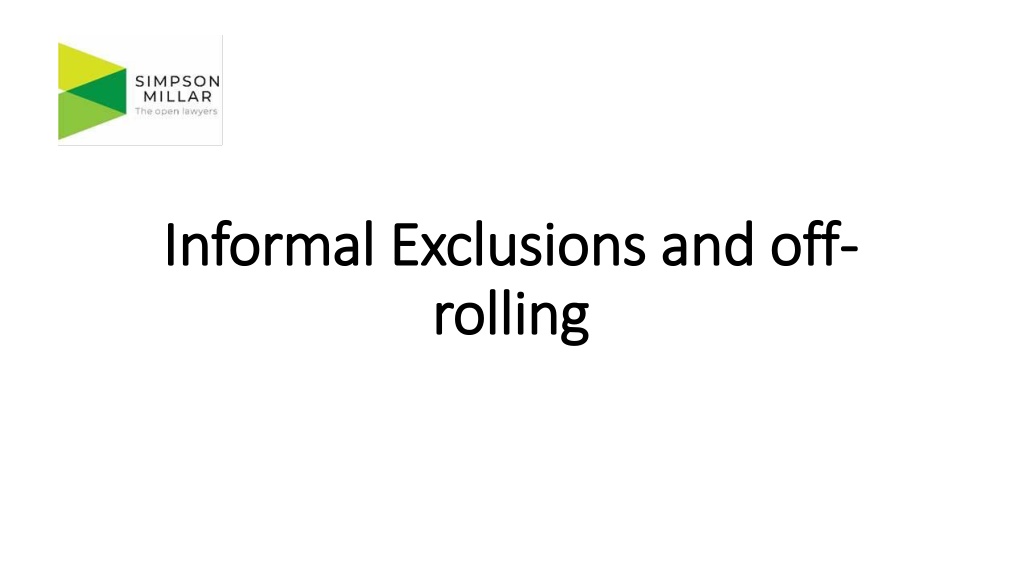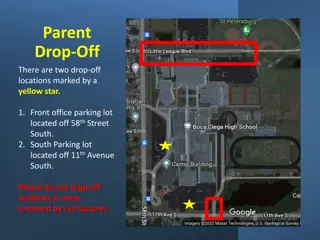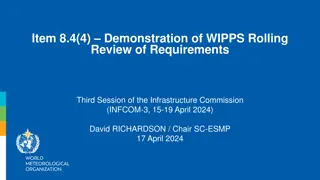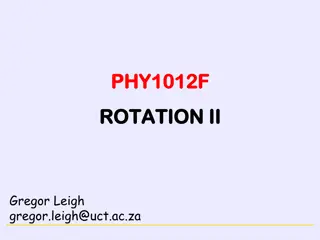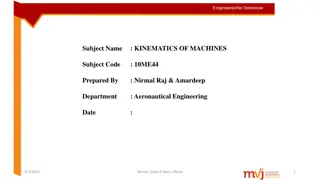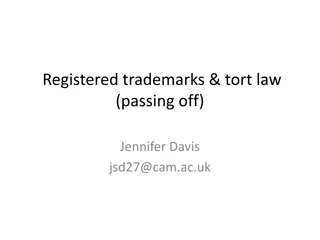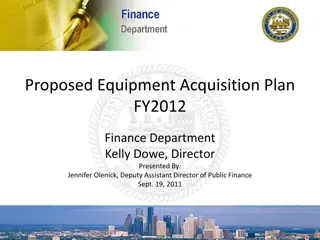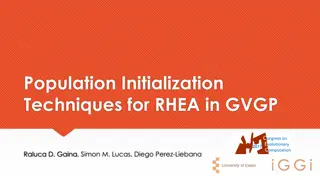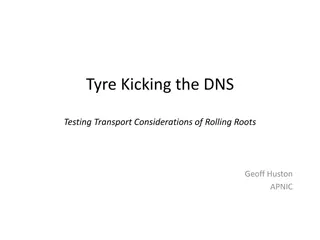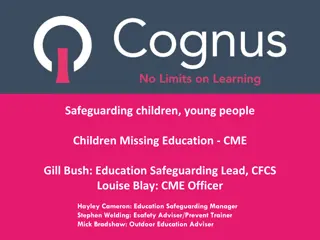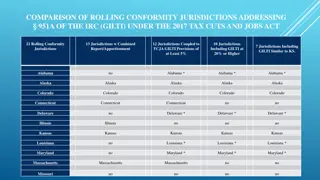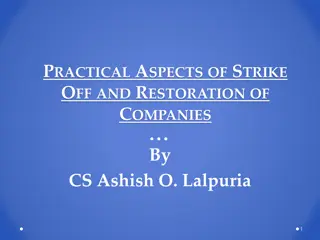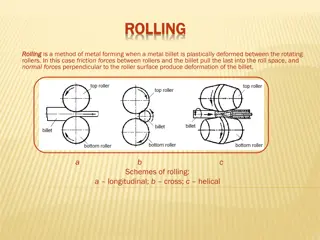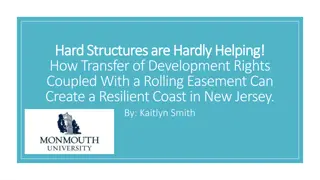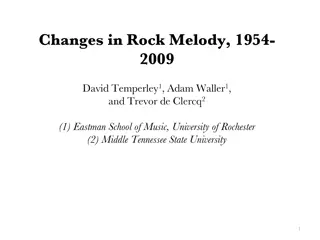Understanding Off-Rolling in Education
Informal exclusions and off-rolling practices in schools, such as banning students or removing them from the roll without proper procedures, are discussed. The implications of off-rolling on students and schools, as well as the government and Ofsted's stance on the issue, are highlighted. Additionally, information on informal exclusions and the legal aspects surrounding them is presented.
Download Presentation

Please find below an Image/Link to download the presentation.
The content on the website is provided AS IS for your information and personal use only. It may not be sold, licensed, or shared on other websites without obtaining consent from the author. Download presentation by click this link. If you encounter any issues during the download, it is possible that the publisher has removed the file from their server.
E N D
Presentation Transcript
Informal Exclusions and off Informal Exclusions and off- - rolling rolling
Informal exclusions If I see you in school again this term you will be permanently excluded Your son is banned from school until he changes his hair cut Were going to sort out some alternative provision for your son. Until we do so he can t come back . If your son carries on like this he will get excluded. I d advise you to educate him at home until you find another school for him .
Informal Exclusion Informal Exclusion Simple explanation of law Any informal exclusion is an unlawful exclusion School Exclusions Guidance paragraph 14 makes this very clear. As has no lawful basis, and as school has no power to do it, any informal exclusion is susceptible to challenge by way of a process called judicial review.
Off Off- -rolling rolling the practice of removing a learner from the provider s roll without a formal, permanent exclusion or by encouraging a parent to remove their child, when the removal is primarily in the interests of the provider rather than the best interests of the learner. Off- rolling in these circumstances is a form of gaming . [Ofsted 2019 Inspection Framework]
Off Off- -rolling rolling Why does it happen? Removing difficult pupils from roll To improve exam results through having less poorly performing pupils at a school To get disruptive pupils out to improve exam results of others To remove children from roll without having to exclude them (excluding them shows up obviously in statistics) Parents removing children from school roll because children suffering at school/not being listened to/ encouraged to by school
View of Government and Ofsted View of Government and Ofsted Government and Ofsted do not like off-rolling at all. Ofsted criteria for school leadership para 29 of Education and Inspection Framework Leaders aim to ensure that all learners complete their programmes of study. They provide the support for staff to make this possible and do not allow off-rolling. It should not be happening. But it does.
How is Off How is Off- -Rolling Done? Rolling Done? Encouraging pupils to leave. If you do not agree to withdraw your child from the school, we will permanently exclude them. 2017 School Exclusions Guidance specifically states that is not lawful. Encouragement given by schools to particular ethnic groups that they may be better off pursuing electively home education particularly Gypsies/ Travellers even when parents illiterate. Encouragement to remove child through non-progression , either in Year 12 or earlier. Making life so unpleasant for child that parent withdraws them repeated fixed term exclusions and use of isolation. Keeping children in isolation until parent agrees to withdraw them.
Education (Pupil Registration) (England) Education (Pupil Registration) (England) Regulations 2006 Regulations 2006 Regulation 8 sets out the basis for deletions from the admissions register. There are only certain prescribed reasons for which a child can be deleted from the admissions register. Schools can t simply delete children from the register because they wish to do so. Most of these are fairly circumscribed, e.g. pupils who have been permanently excluded who have died have been absent for a period of not less than 20 days, and absence is not authorised, school does not have reasonable grounds to believe that unable to attend by reasons of sickness or other unavoidable cause, and both proprietor of school and local authority have failed to ascertain where pupil is.
Off Off- -Rolling and Equality Act Rolling and Equality Act Children off-rolled are far more likely to be pupils with protected characteristics (black boys in London/GRT children nationality/children with disabilities) Public Sector Equality Duty points often raised in individual cases but case normally resolved by child being allowed to continue at the school.
Informal exclusion and off rolling using the law Schools normally back down immediately when they receive what is termed a letter before action (LBA) from solicitors. Can challenge policies (including unwritten ones) too However, if risk of (formal) permanent exclusion is real, parents need to be advised of this risk as sometimes response to LBA is formal exclusion . Legal aid available for parents who are eligible (i.e. on benefits or very low incomes) Legal Aid Govt Gateway number 0345 345 4 345 For parents who are not eligible initial work can be done privately, and then if LBA doesn t work can get legal aid in child s name.
When to use law? As soon as possible. The longer the child is out of school the worse it is for the child. Particularly with off-rolling sooner that use the law the better. The longer it is left, the harder it can be to succeed (particularly if post year 10). If miss too much, then Court less willing to grant interim relief.
What to do about it? What to do about it? LAs should not be allowing it to happen. Schools and academies should not be doing it. Ofsted probably need to fail a few academies for doing it until it does this problem will not stop. The benefit to be gained for schools in terms of their results has made the practice hugely tempting in the past (because of the boost to exam results it gives), and the risks previously were minimal. The risks are now higher, but the question is whether there will be enforcement. Individual attempts to informally exclude or off-roll children can be challenged via JR, but only Ofsted can really stop the practice.
